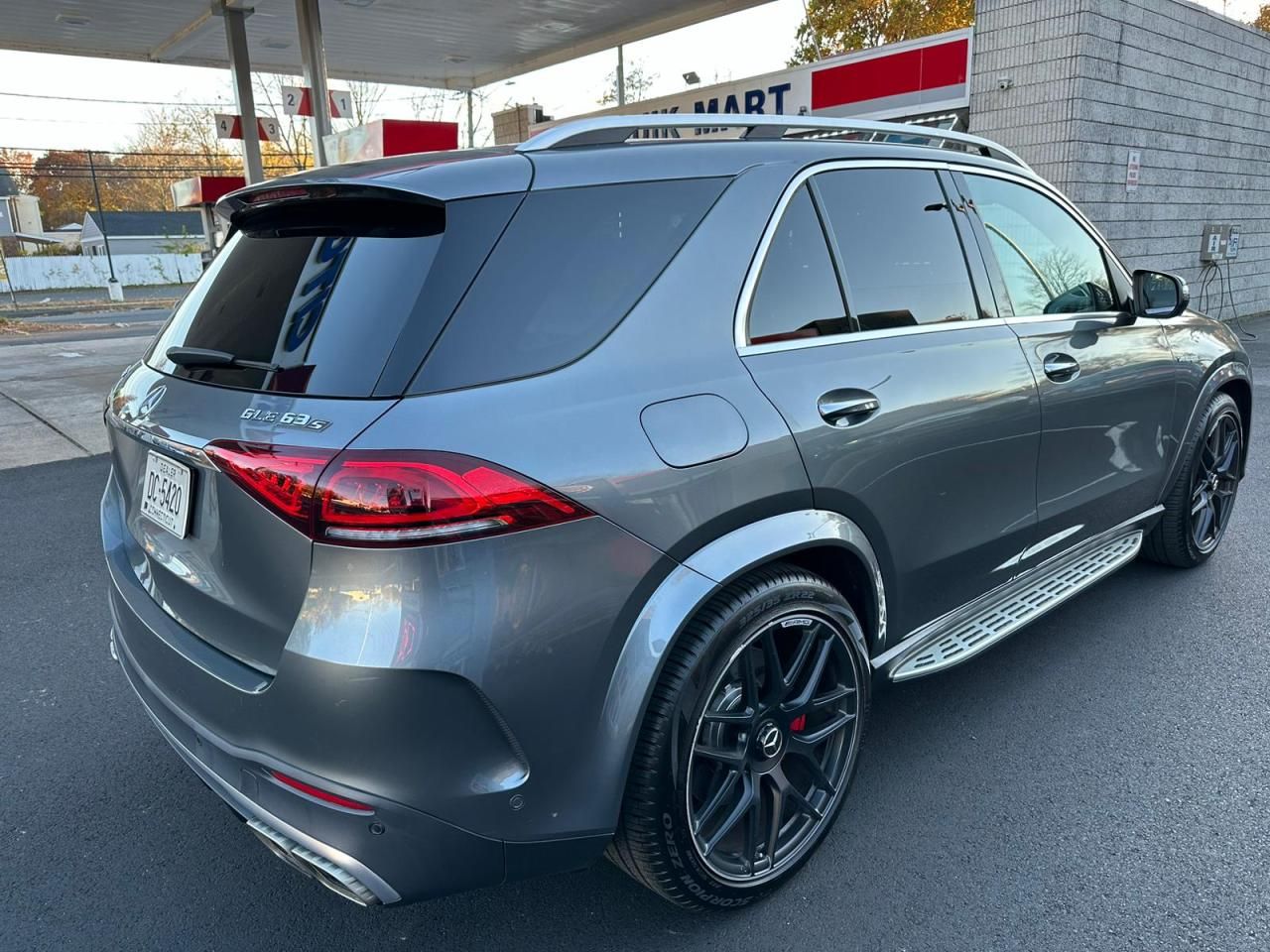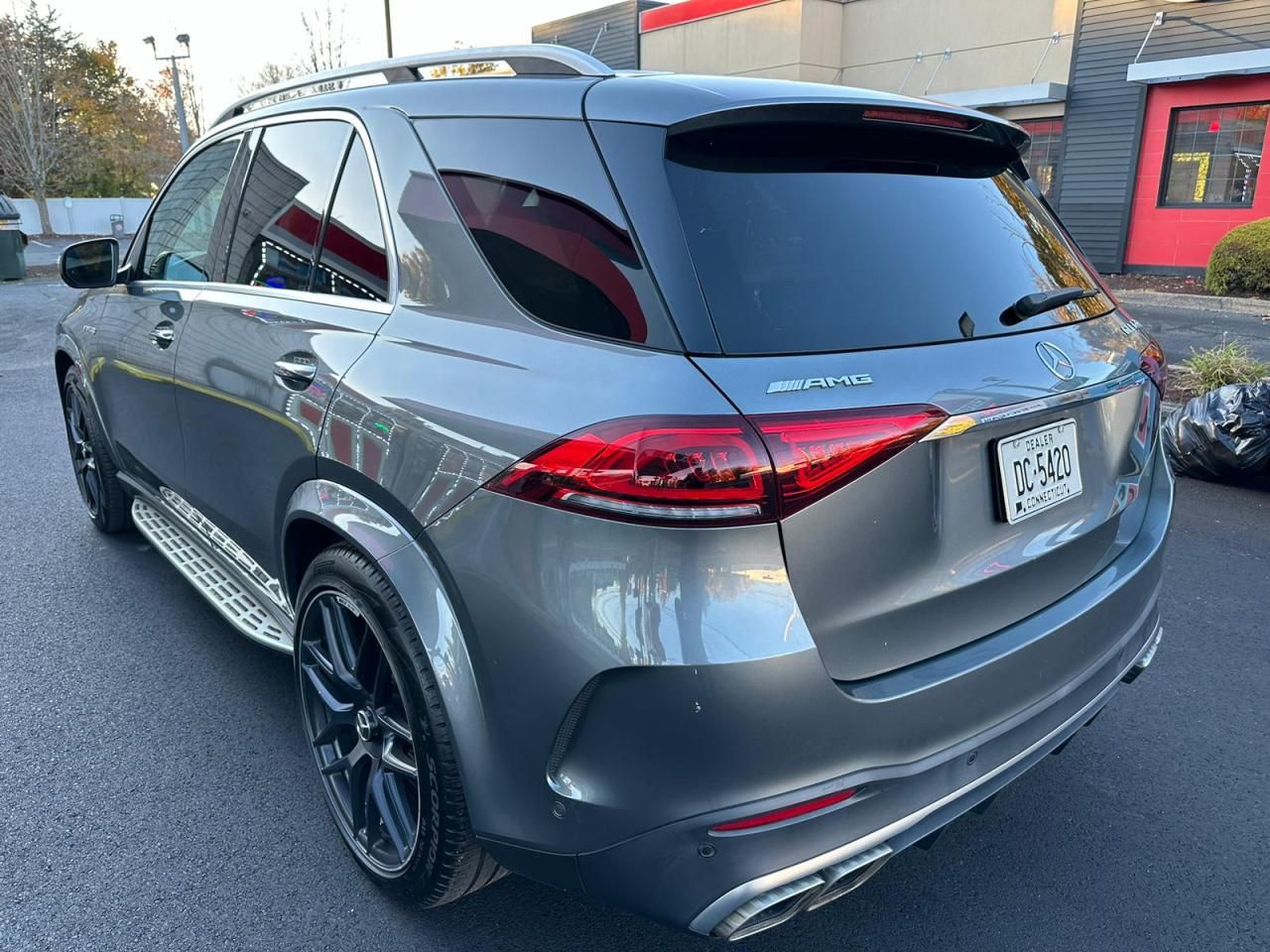Particularly among auto buffs and frugal consumers searching for value, investing in repairable vehicles is growingly common. Is this, however, a wise investment? Anyone thinking about such a buy should be aware of the possible benefits as well as the difficulties involved. This page explores how to make a wise selection and what factors you should take into account prior to deciding to purchase a repairable vehicle.
1. Understanding What “Repairable” Means
Usually, a repairable vehicle is one that has been damaged but may be returned to complete operation with repairs. These cars can have suffered general wear and tear, accidents, or natural calamities as well as other kinds of damage. Usually offered for less than like-minded undamaged vehicles, they appeal to purchasers because of Still, they carry some hazards like possible safety issues and uncertain repair expenses. Knowing the extent and kind of damage will help one assess the viability of repairs and restoration before making a purchase of a repairable vehicle.
2. Financial Savings vs. Repair Costs
The possible savings are one of the main reasons one buys repairable automobiles. For those on a budget or looking for a project car, such vehicles might be enticing as they frequently cost a fraction of their undamaged equivalents. Repair expenses, however, may quickly mount up and frequently exceed customer expectations. Should you be looking at a repairable vehicle, first project your fix costs. This calls for knowing labor and component costs as well as considering unanticipated repair possibilities. Researching the particular brand and model you are considering can allow you to better understand possible costs and savings.
3. Assessing Your Mechanical Knowledge and Skills
Your capacity to manage any or all of the repairs is one of the most important factors considering a repairable car purchase. It is a more affordable choice as buyers with technical knowledge and abilities may reduce labor costs. On the other hand, if you have little to no experience with auto repairs, you might find yourself shelling out large labor fees. Even if you’re eager to learn, for beginners complicated repairs might be intimidating and may need specific understanding. Before you buy, really assess your skills or ask whether you know reliable experts who may help with repairs.
4. Availability of Replacement Parts
Depending on the age, make, and model of the car, fixing one typically requires locating particular parts, which might be difficult. Replacement components for popular automobile brands and models are usually readily available and maybe less expensive. Parts for uncommon or defunct models could be more costly and difficult to find, though. To find if the repairs are reasonable, look at the availability and pricing of new components before making a purchase. Should replacement components be rare or very costly, your investment in a repairable car might prove to be more than anticipated.
5. Understanding Resale Value and Market Demand
When weighing a repairable car as an investment, consider its possible resale value following repairs. Certain repairable cars can be valuable, particularly if they are uncommon models or have a significant following among aficionados for automobiles. Because of their repair history, many rebuilt cars do, nevertheless, have a lesser resale value than their undamaged versions. Resale value is also influenced by the market demand for particular models; so, it is advisable to investigate the market for the car you want before committing yourself. Should resale value be a top concern for you, concentrate on models with consistent demand and lifespan reputation.
6. Legal and Safety Considerations
Many times categorized as scrap cars, repairable automobiles have certain legal and safety ramifications. Many areas may need you to have the automobile tested and judged roadworthy before it may be registered or lawfully driven. Furthermore, fixing a car with major damage might compromise its safety elements such as structural integrity or airbags. Before you start driving, the car should be completely checked by a certified expert to guarantee it satisfies all safety criteria. See your local regulations about salvage titles and required inspections to guarantee compliance and learn about the legal obligations of owning a repairable car.
7. Insurance Implications
Insurance is yet another consideration while choosing a repairable car. Particularly those with a salvage title, vehicles with past damage might be more difficult and expensive to insure. Many insurance firms may only provide limited coverage choices or are reluctant to completely cover these automobiles. Talk to insurance companies if you want to insure a repairable car to learn about limitations or increased rates. If the worth of the automobile is modest, it might occasionally make financial sense to have little insurance coverage; nonetheless, it’s important to consider these decisions against possible hazards.
Frequently Asked Questions
Q1: Are repairable vehicles safe to drive after repairs?
Provided they have been rebuilt to satisfy safety criteria and pass required inspections, repairable vehicle can indeed be safe to drive following repairs. Before driving any repairable vehicle, it is advisable to have a professional check it to guarantee it is completely operational and safe.
Q2: Is it possible to make a profit on a repairable vehicle?
Profit-wise, a salvaged cars is feasible—especially if you can do repairs yourself or locate reasonably priced components. Resale value, repair expenses, and market demand will all affect it nevertheless. By means of market research on particular models, one may get understanding of their profitability potential.
Q3: How can I find affordable parts for a repairable vehicle?
Online markets, scrap yards, or car component stores all have reasonably priced parts available. Researching ahead and comparing costs can enable you to find parts without going over budget. Joining enthusiast clubs may also aid in component locating for particular models or manufactures.
Q4: Will insurance be more expensive for a repairable vehicle?
Definitely in many circumstances. For repairable automobiles, particularly if their salvage title indicates, insurance might be more expensive or limited. Before buying a repairable car, it’s important to discuss possibilities and expenses with insurance companies.
Conclusion
While buying a repairable car might be a profitable investment, it is advisable to approach it knowing the possible difficulties. Before making a commitment, one must consider many elements including insurance and safety issues as well as repair expenses and part availability. A repairable car may save a lot of money and potentially present a successful resale if you have mechanical abilities and are ready to commit time and effort. This kind of investment may call for care, though, if you’re not sure about handling repairs or negotiating the complexity of insurance and resale. Examining these elements can help you decide whether a repairable car fits your needs and budget.





